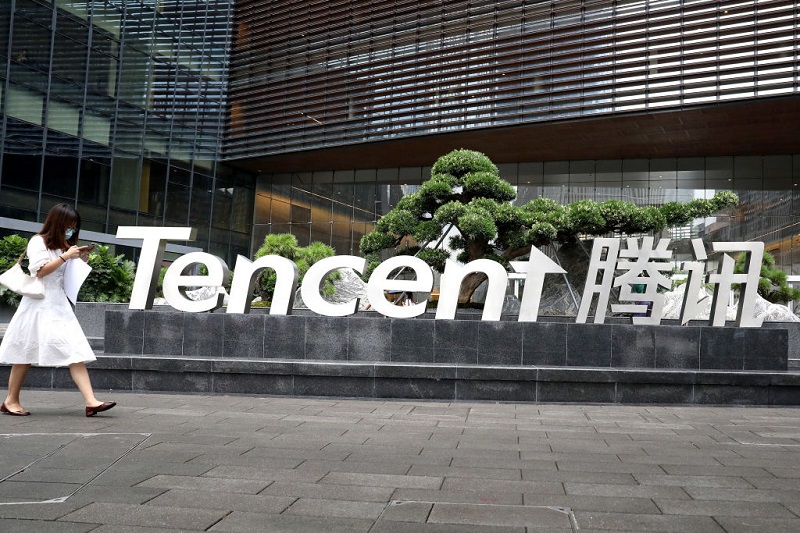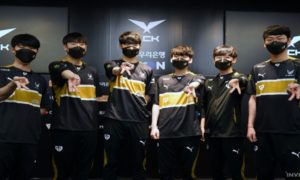Not long after India banned a whole slew of apps including PUBG Mobile and similar games, the US Treasury’s committee for foreign investments in the US is now aiming its sight at Tencent-owned companies like Riot Games and Epic Games. Both companies have been prompted to provide additional info on security protocols.
The CFIUS as the department is called has sent exploratory letters to the two companies in order to demand additional info on the security features and protocols that are used by them in order to safeguard user data. The concerns over these protocols aren’t unfounded.
This is happening because both companies have strong ties to Tencent Holdings, a Chinese company that has made as many headlines for their scandals and privacy violations as for their content. Even in China itself, Tencent has had some issues, for example struggling to get approval to release the local version of PUBG Mobile. While they eventually did receive permission – leading to the scandal in which India banned their games – things are now unfolding further.

While Epic and Riot are explicitly named in the CFIUS action, similar letters have also gone out to ‘other game companies’ that remain unspecified at this point in time. While this is only an inquiry for now, being refused insight or showing insufficient protocols could have further consequences for the affected companies, up to and including penalties from the US government on operations within the country. An outright ban is incredibly unlikely but a remote possibility.
Tencent, Riot, and Epic
Tech and gaming conglomerate Tencent owns stock in many companies active in the US – in the case of Riot, they have owned the entire company since 2015. They are nominally the largest game company, with additional shares in companies like Supercell (84% in June 2020), Grinding Gear Games (80% in June 2020), Epic Games (40% in June 2020) and even Activision-Blizzard, Ubisoft and Paradox (5% each in 2020).
While many players are only tangentially aware of the company, Tencent has been buying up gaming studios or at least shares of them left right and centre. They own control of Funcom and Yager, who are responsible for Conan Exiles and Spec Ops: The Line, for example.
With their investments come close ties to the companies they own stock in, of course, which has many lawmakers concerned over the privacy violations and spying scandals that have already occurred. In the current conflict with the CFIUS, it’s particularly apps like WeChat and QQ that have drawn ire.
It’s not the first move of the US government against the company – already, on August 7th, president Trump issued an executive order that will suspend all monetary transactions with the WeChat app as of 45 days after the date of the order. Several US senators have also asked Trump to add QQ to the same executive order, and to scrutinise the ByteDance-Oracle deal that affects the US operations of popular app TikTok.








